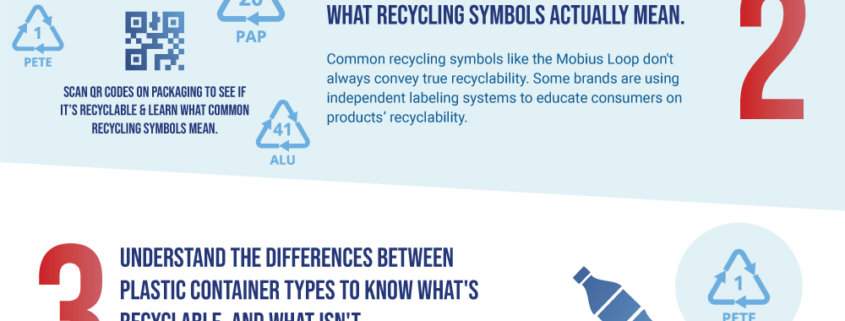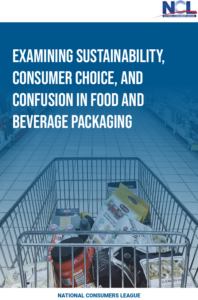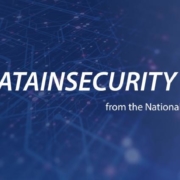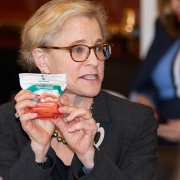Lawmakers need to be aware of the threats to public health posed by the proliferation of unregulated, untested CBD products currently widely available in the marketplace. There is a great deal of work to be done in Washington to better understand the healing potential of CBD, while also protecting consumers from the dangers of what is currently an anything-goes market environment.
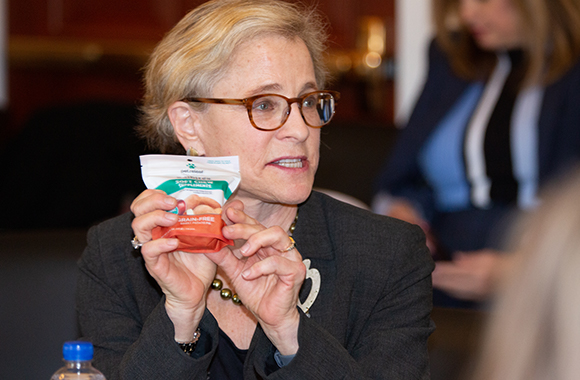
That was the compelling message participants took from a congressional staff briefing last week on “The Future of Cannabis as a Drug.” Expert speakers, including National Consumers League Executive Director Sally Greenberg, issued a two-pronged call for action: to intensify clinical research into new medical treatments containing CBD, while encouraging the Food and Drug Administration (FDA) to proactively regulate non-medical, over-the-counter CBD products that are frequently mislabeled and contain potentially harmful ingredients.
The briefing featured opening remarks by U.S. Representatives Scott Peters (D-CA) and Cathy McMorris Rodgers (R-WA) and was moderated by Ron Manderscheid, Executive Director of the National Association of County Behavioral Health and Developmental Disability Directors and the National Association for Rural Mental Health. “We would like to have more understanding and more confidence in CBD products,” Rep. Peters explained. “You should know what you’re getting”.
Attendees received eye-opening data about the ways in which readily-available CBD products—sold in the form of oils, lotions, food additives, and more—have the potential to make consumers ill. Few realize, for example, that an independent study found 70 percent of the top-selling CBD products contain substances such as pesticides, arsenic, and toxic mold.
NCL’s Greenberg previewed upcoming academic research that will place a spotlight on the questionable science being utilized by CBD and cannabis companies, often in partnership with academia, to lend legitimacy to these products and short-cut the regulatory approval process. “Not only are these products untested, but they are inaccurately labeled,” said Greenberg. “We want FDA to do what it’s supposed to do, and what we as consumers expect it to do.”
NCL launched Consumers for Safe CBD to warn the public of the potential health and safety risks associated with unregulated and unlawfully marketed CBD products.
Susan Audino, a board member of the Center for Research on Environmental Medicine in Maryland, shared her findings on the lack of quality controls currently in the CBD marketplace and how product marketing is accelerating faster than the science used to substantiate claims of enhanced health and well-being. “We even trust McDonald’s to inform us of the number of calories in a Big Mac,” said Audino. “When it comes to cannabis, we are not afforded that same safety and assurance.”
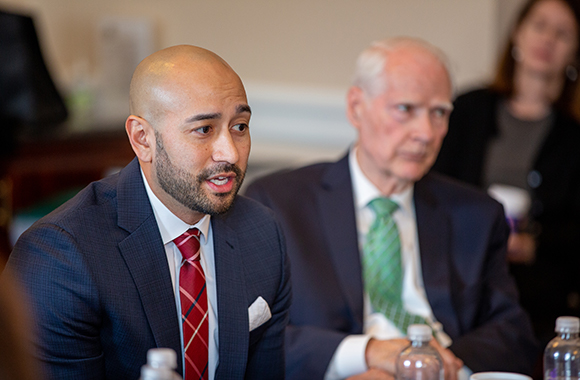
James Werline, a pharmacist and the father of a daughter with a severe form of epilepsy, spoke to the promise and importance of CBD-related research. The only CBD medication currently approved by the FDA is used to prevent seizures caused by rare forms of childhood epilepsy. Angelique Lee-Rowley, Vice President, Global Chief Ethics and Compliance Officer at Greenwich Biosciences, discussed the importance of clinical research into new CBD treatments and shed light on the restrictions pharmaceutical companies have in educating consumers on product efficacy versus the retail and online marketers who have few boundaries in the claims they can make.
“We are on the verge of a major breakthrough,” said Rep. McMorris Rogers. “We want to be encouraging those breakthroughs. I am committed to helping with those developments.”
The briefing served to alert congressional staff to the seriousness of this issue. By 2022, the CBD marketplace is expected to reach $1.8 billion in sales, more than triple what it was just four years earlier. As the commerce expands, so do—without adequate consumer protections—the threats to health and safety.



